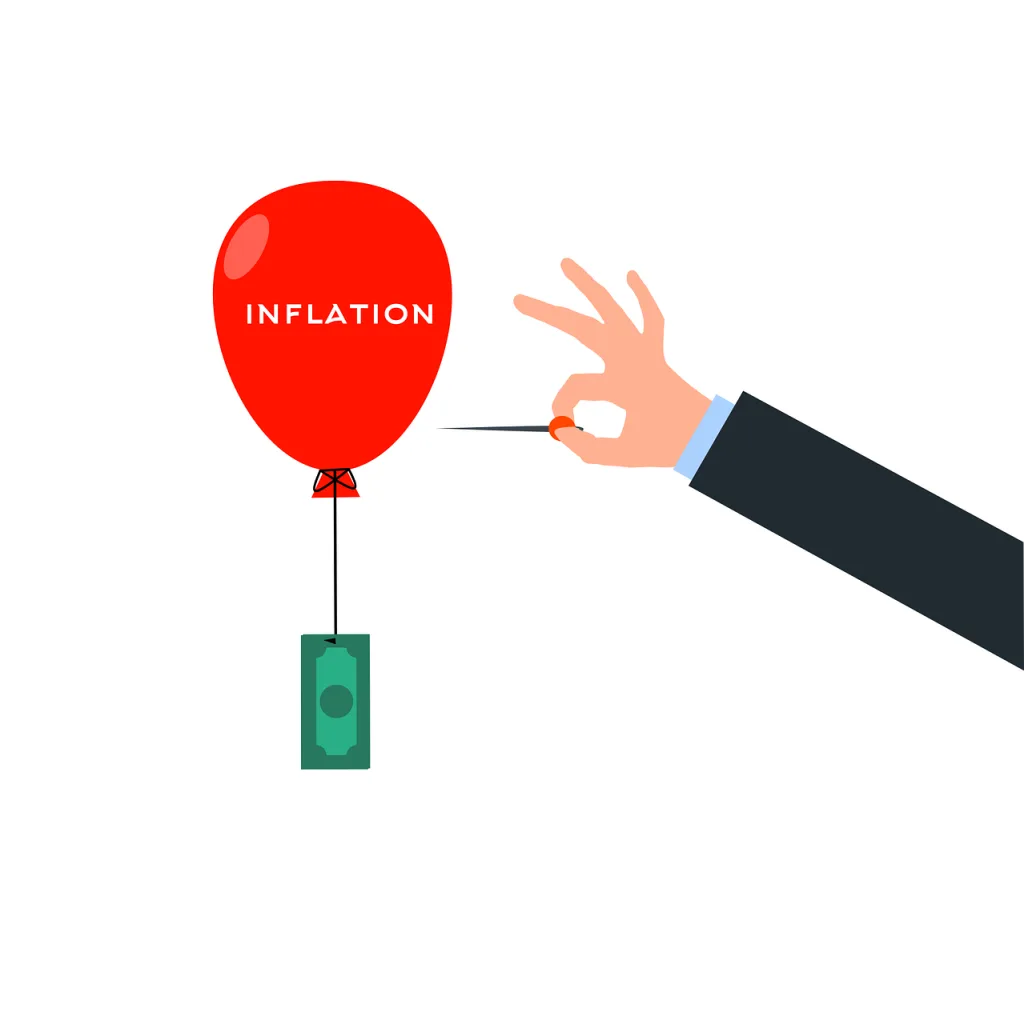Inflation is a term you’ve likely heard in the news or discussed in financial conversations. But what does it really mean, and how does it impact your budget? Let’s explore what inflation is, how it affects your purchasing power, and practical ways to adjust your spending and saving habits.
What Is Inflation?
Inflation refers to the rate at which the general level of prices for goods and services rises, reducing the purchasing power of money. Simply put, $100 today won’t buy the same amount of groceries a year from now if inflation occurs.
Canada measures inflation using the Consumer Price Index (CPI), which tracks the average change in prices for a basket of goods over time. Common causes of inflation include:
- Demand-pull inflation: When demand for goods exceeds supply, prices go up.
- Cost-push inflation: Higher production costs lead businesses to increase prices.
- Built-in inflation: As wages rise, businesses pass these costs to consumers through higher prices.
How Inflation Affects Everyday Life
Inflation impacts nearly every aspect of your budget. Groceries, gas, rent, and even utility bills can become more expensive. For instance, rising food prices can force you to reconsider your weekly grocery list. At the same time, the value of your savings diminishes unless it’s invested in a way that outpaces inflation.
Inflation’s Impact on Your Budget
1. Rising Living Costs
Inflation drives up the cost of essentials like housing and transportation. A modest rent increase might suddenly feel significant when paired with higher fuel and grocery prices. Over time, these costs can eat away at your disposable income.
2. Diminished Savings Value
If you’re saving for a long-term goal, inflation can reduce the real value of your funds. For example, if inflation is 3% annually, the money sitting in a low-interest savings account effectively loses 3% of its purchasing power each year.
3. Higher Interest Rates
Central banks often raise interest rates to combat inflation. While this can help slow down price increases, it also means higher borrowing costs. Credit cards, loans, and mortgages become more expensive, which can strain your budget.
How to Adjust Spending and Saving Habits
Inflation doesn’t have to derail your financial goals. By taking proactive steps, you can minimize its impact.
1. Revisit Your Budget
Take a close look at your monthly expenses. Identify areas where you can cut back, such as dining out or subscription services. Consider using the 50/30/20 rule: allocate 50% of your income to needs, 30% to wants, and 20% to savings or debt repayment. Learn more about budgeting frameworks in our post The Basics of Budgeting: A Beginner’s Guide for Canadians.
2. Shop Smart
With rising prices, comparison shopping becomes essential. Use apps and websites to find the best deals on groceries, clothing, and other essentials. Buying in bulk or switching to store brands can also save money.
3. Boost Your Savings Rate
Combat inflation by increasing your savings rate. High-interest savings accounts or Guaranteed Investment Certificates (GICs) can help you grow your funds faster. Check out Understanding Tiered Interest Rates in Savings Accounts to learn how to maximize your savings potential.
4. Invest Wisely
Investing can help your money grow at a rate that outpaces inflation. Consider diversifying your portfolio with stocks, bonds, or mutual funds. If you’re new to investing, our guide How to Start Investing Safely offers valuable tips.
5. Reduce High-Interest Debt
High-interest debt, like credit cards, can become unmanageable when inflation leads to rising interest rates. Focus on paying down these balances as quickly as possible to avoid increased financial strain.
Long-Term Strategies to Protect Your Finances
1. Plan for Emergencies
An emergency fund is your financial safety net during uncertain times. Aim to save three to six months’ worth of expenses. For tips, read How to Build an Emergency Fund in Canada.
2. Consider Inflation-Protected Investments
Inflation-linked bonds or real estate investments can provide protection against rising prices. These options often adjust for inflation, preserving your purchasing power.
3. Negotiate Where Possible
Whether it’s a lease renewal or utility bill, negotiating can sometimes lead to savings. Don’t hesitate to ask for discounts or shop around for better deals.
4. Stay Educated
Understanding financial trends helps you make informed decisions. Follow reliable sources and financial blogs to stay ahead of economic changes.
Final Thoughts
Inflation is an inevitable part of the economy, but it doesn’t have to control your finances. By understanding its effects and adopting smart spending and saving habits, you can maintain financial stability and achieve your goals.
